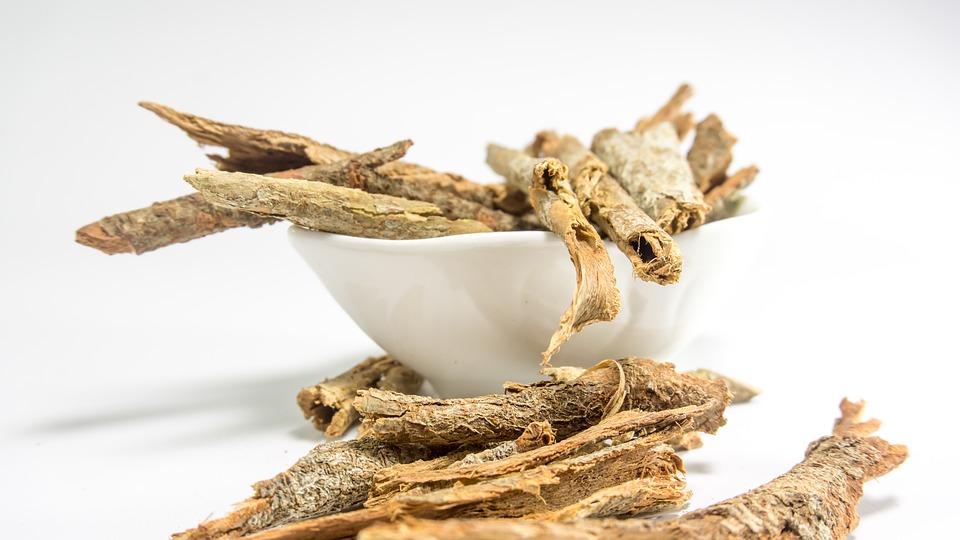Your lymphatic system (lymph system, for short) consists of lymph fluid, lymph vessels, lymph nodes, bone marrow, tonsils, adenoids, and spleen. Your lymph system is an important part of your immune system; its role is to drain toxic waste from your cells.
“Waste drainage is so important to cell health that the lymph system is three to four times larger than the blood system….Unlike the blood system, which has the heart as a consistent built-in pump, the lymph system (like the veins) relies on the less consistently used skeletal muscle contractions to ‘squeeze’ the lymph along.” (Eating Alive, pages 59 and 60)
When your liver is overloaded, toxins—in the form of poorly-digested proteins and lipid peroxides—can be dumped into the lymph system, thereby increasing its burden. These toxins may be mistaken by your immune system as “invaders” and a wall of fibrin will be put up around them, causing an obstruction in lymph flow and creating swelling throughout your lymph system.
This sluggish lymph drainage is most noticeable in the throat area because the lymph is closest to the surface there and because of the narrowing at the neck. “This blockage of your head’s lymph drainage can contribute to sinus and nasal allergy symptoms, and can affect the Eustachian tubes that drain your middle ear into your throat. The resulting blockage of your Eustachian tubes can lead to congestion, hearing problems, noises in the ear, infection, or rupture of your eardrum. Your inner ear, which plays an important role in balance and equilibrium, can also be affected; dizziness and vertigo can result.” (Eating Alive II, page 426)
So what can you do to make sure your lymph system is functioning properly? Following the Eating Alive program will help to reduce the spilling of toxins into the lymph by improving the function of your liver and the rest of the digestive system. Lack of exercise can greatly aggravate lymph overload, so regular exercise that utilizes the large muscles in the body (walking, running, swimming, biking, etc.) is very important to improve lymph flow.
If the glands in the neck are swollen, you can help to drain them by massaging your neck in a downward direction.
“Since specific muscles pump specific parts of the lymph system, stimulation of a muscle will result in greater flow of lymph from its associated organ. Testing indicates that the muscles most in need of stimulation are the tensor fascia latae muscles found on the outside of the thighs. These muscles pump the lymph flow from the large intestine, which of course is where most of the toxins originate. Stimulation is done by vigorously rubbing the leg with a bristly shower brush, loofah, or skin brush so that it is lightly irritated. Rubbing the inside of the thigh will also stimulate the small intestine lymph.
Rubbing the chest area will stimulate kidneys, liver, pancreas, stomach, and gallbladder. Many of the muscles that pump these organs’ lymph drainage are found between the ribs and are associated with breathing, so breath is not only important for its vital delivery of oxygen but also for helping to pump the drainage of toxins. It only takes a few minutes every day while in the shower to give these areas a quick rub and thereby give the lymph system a little boost.” (Eating Alive, pages 151 and 152)



